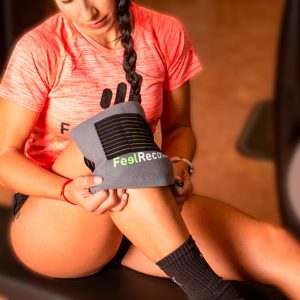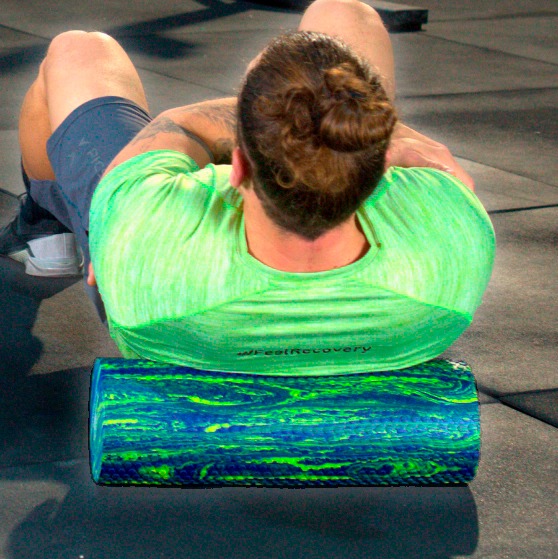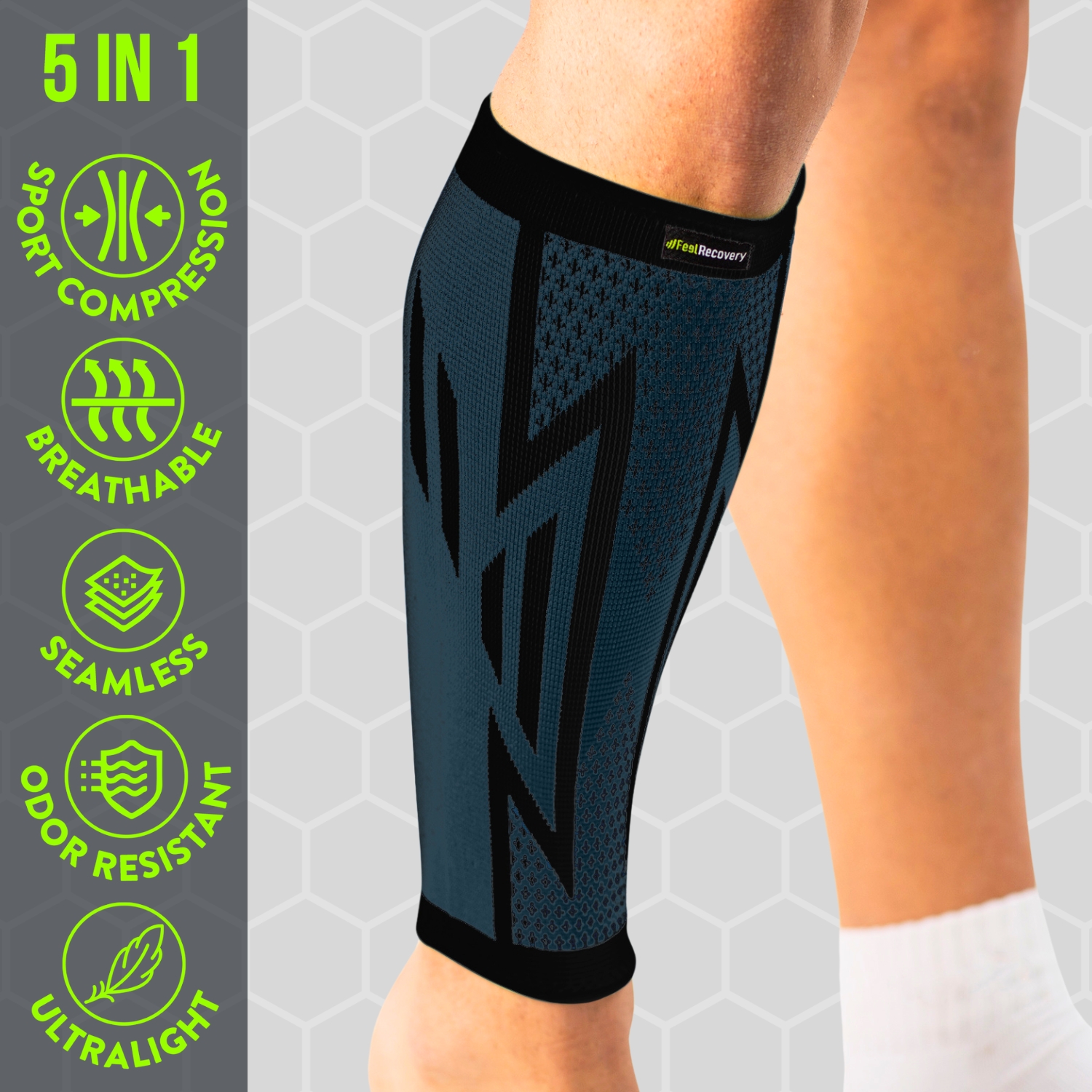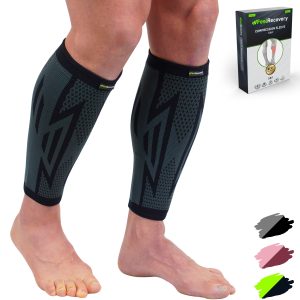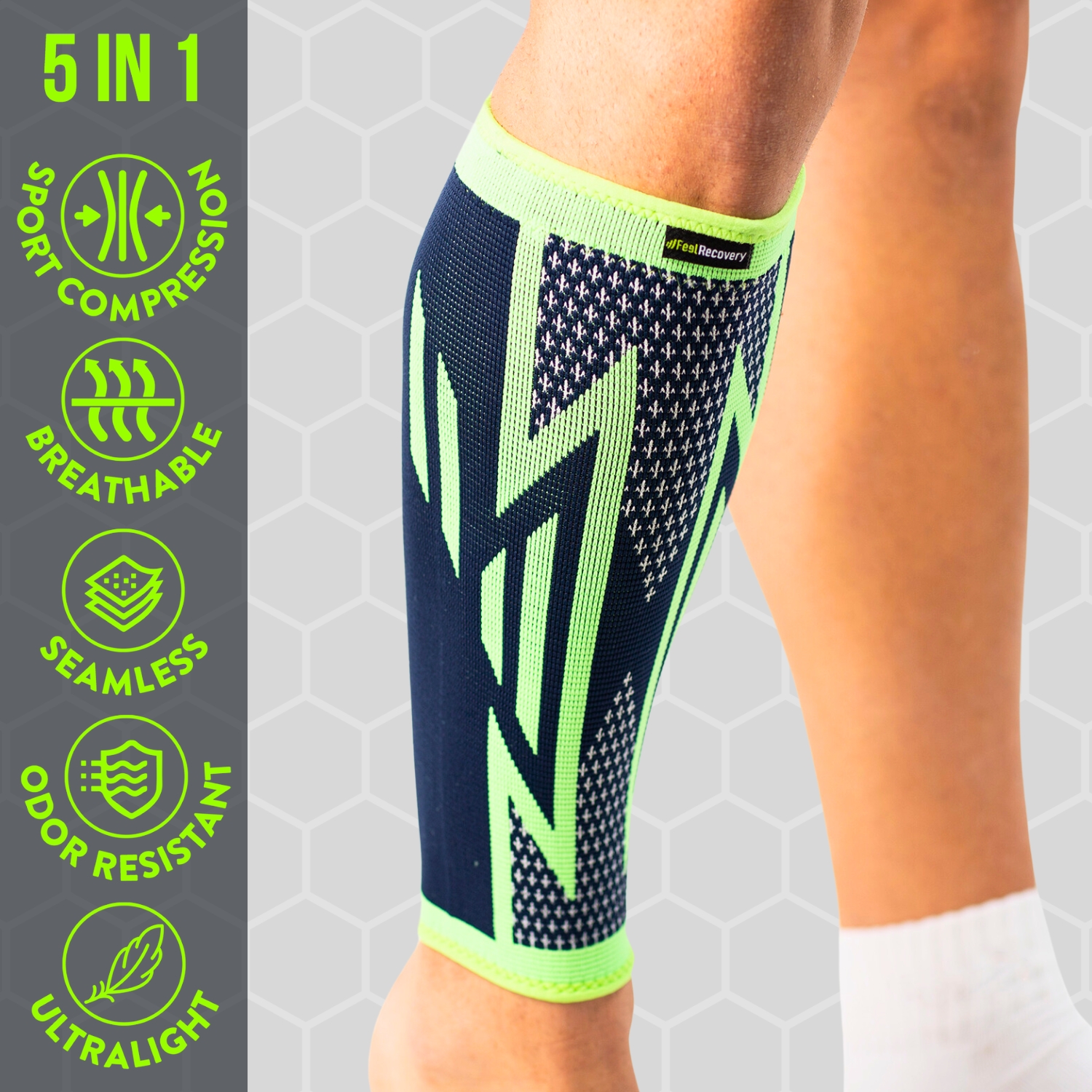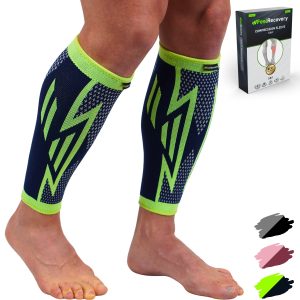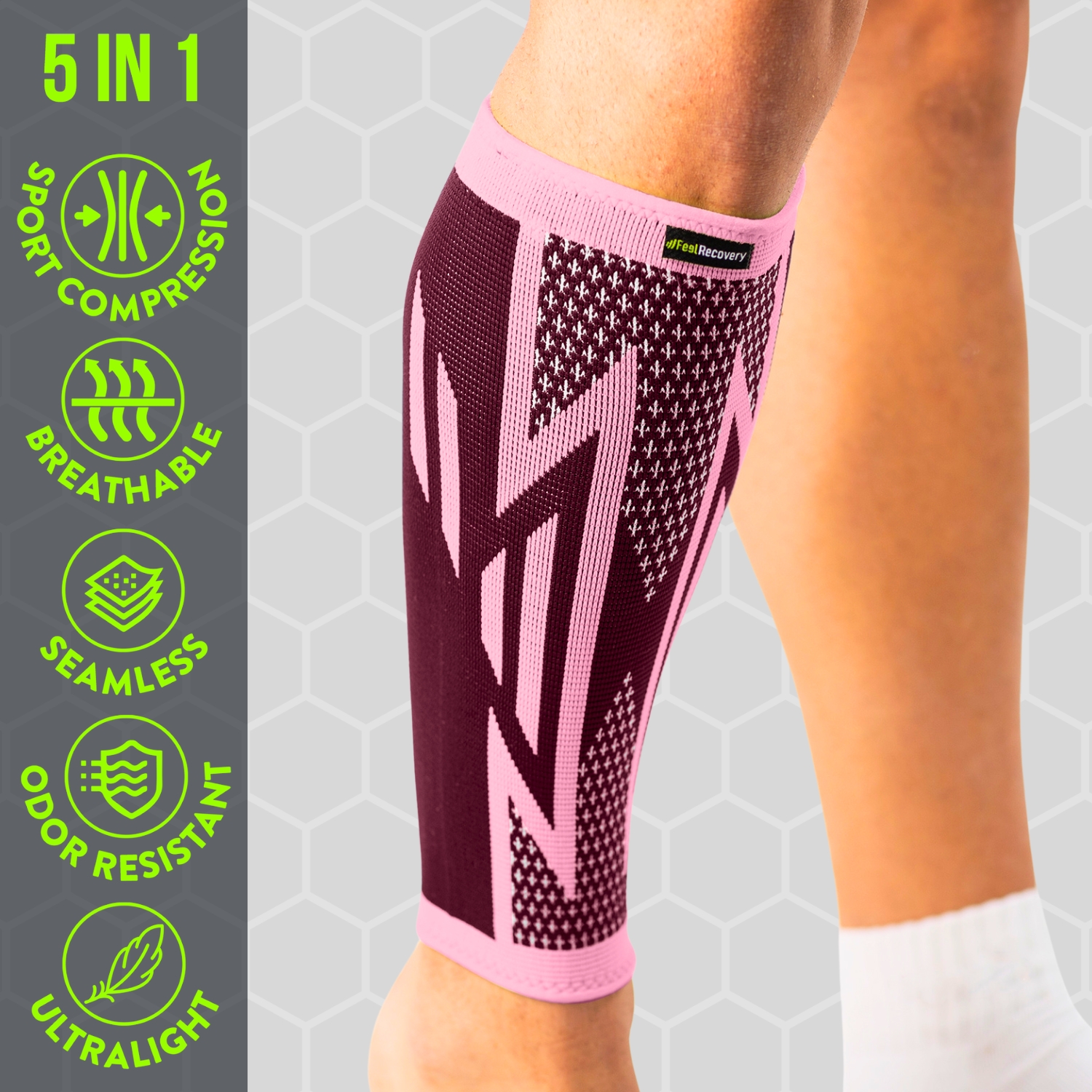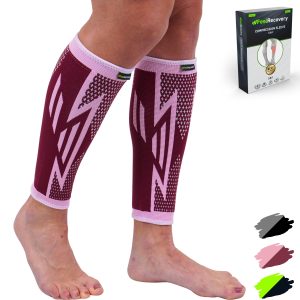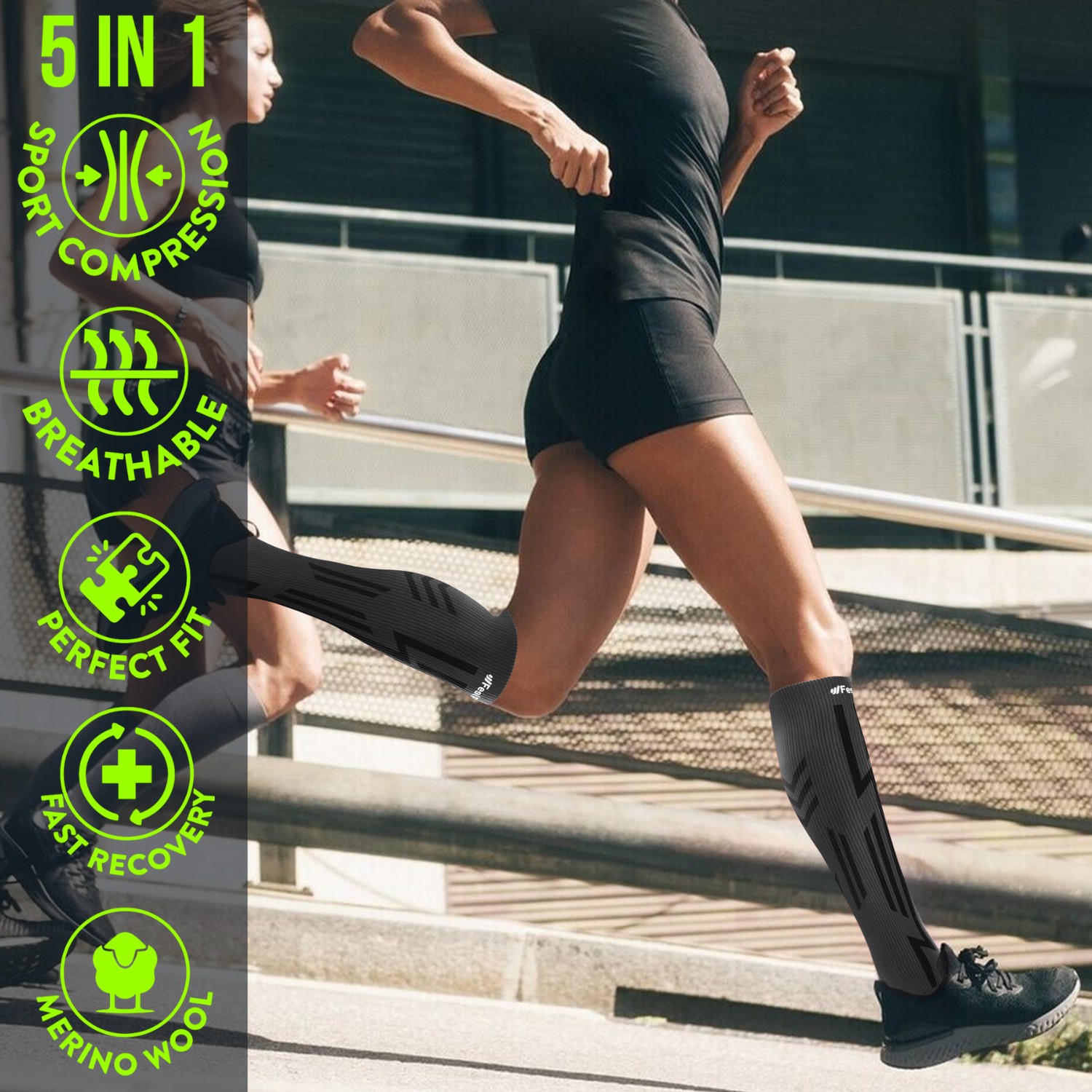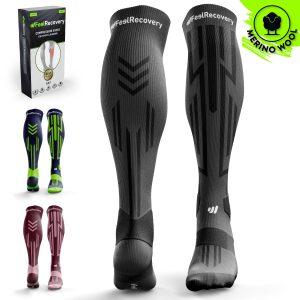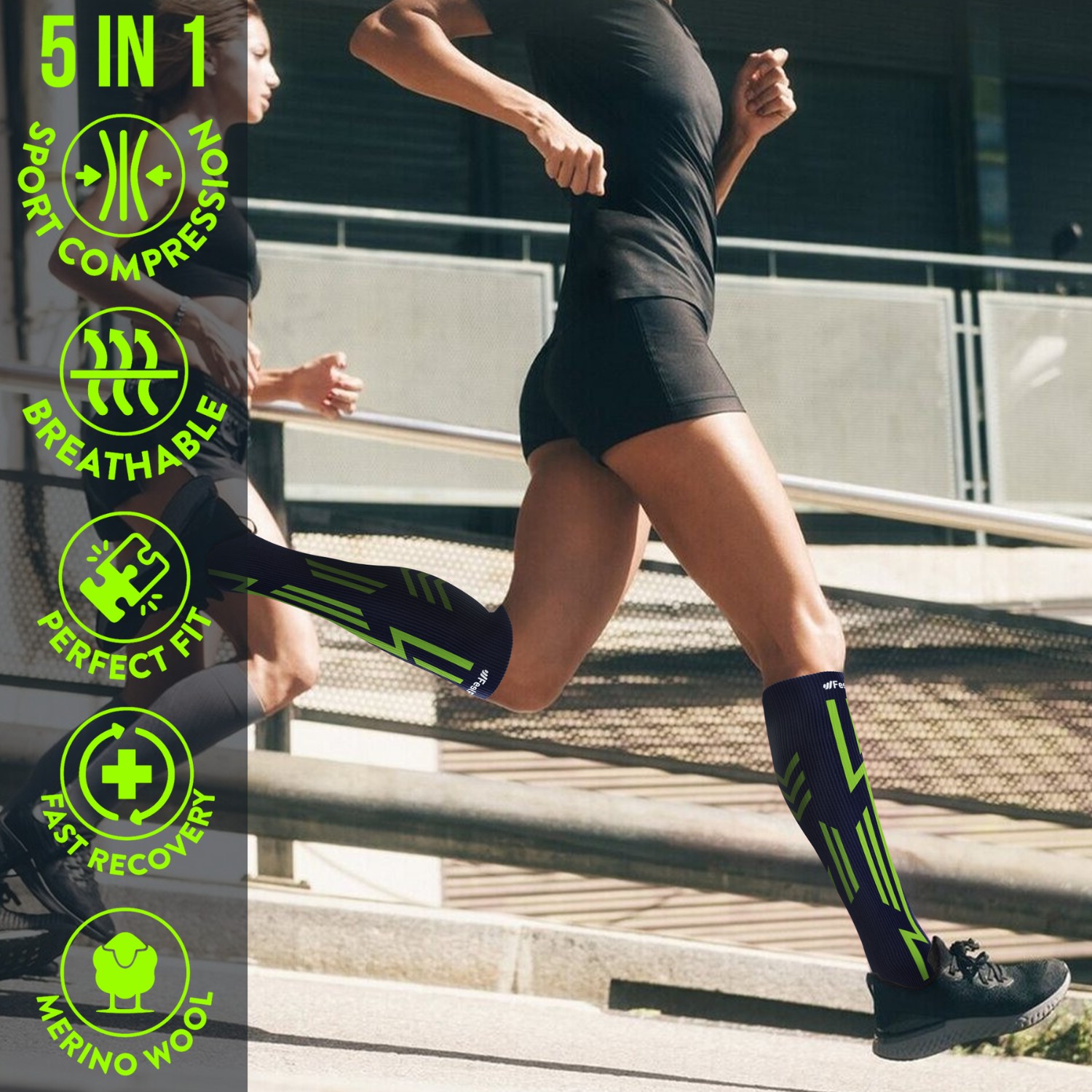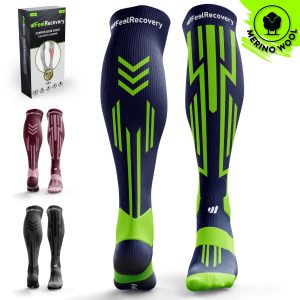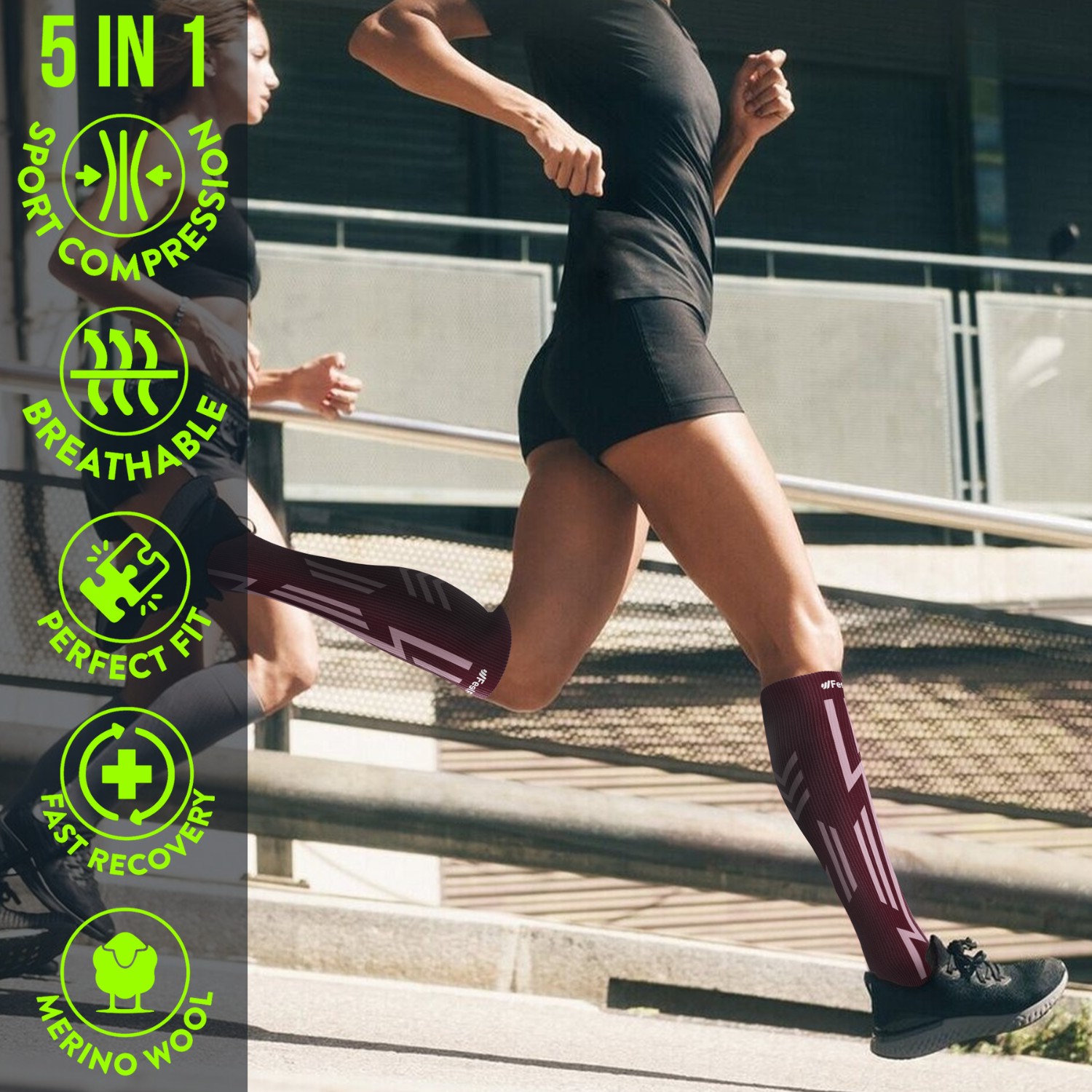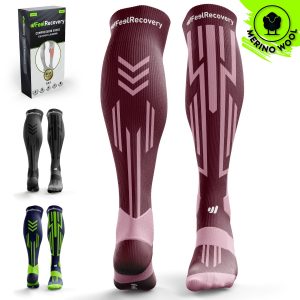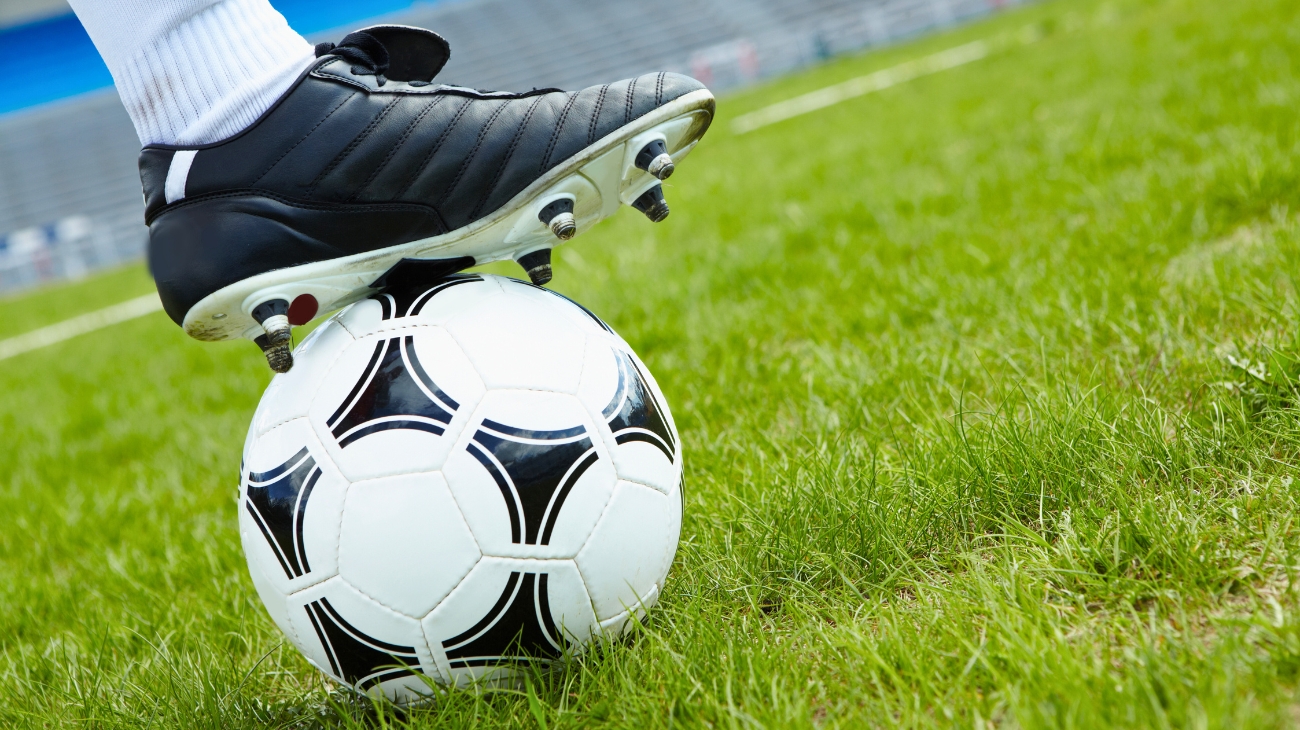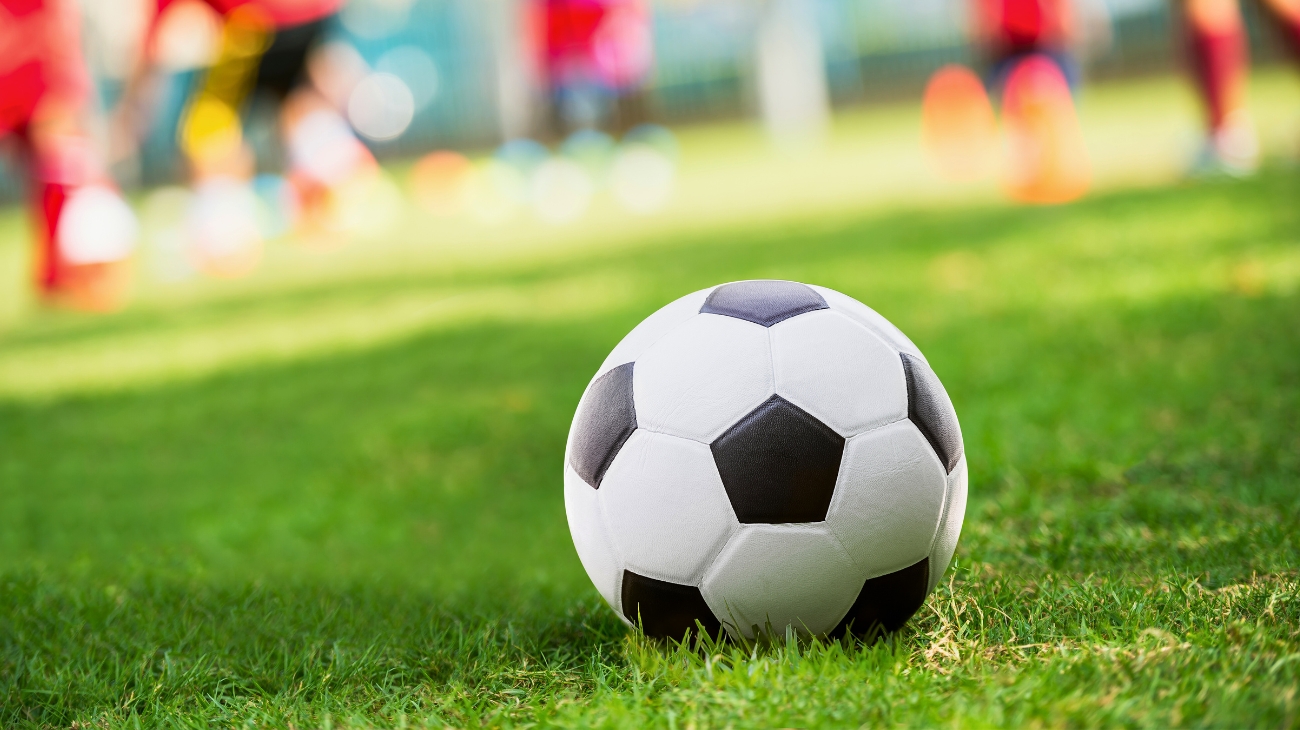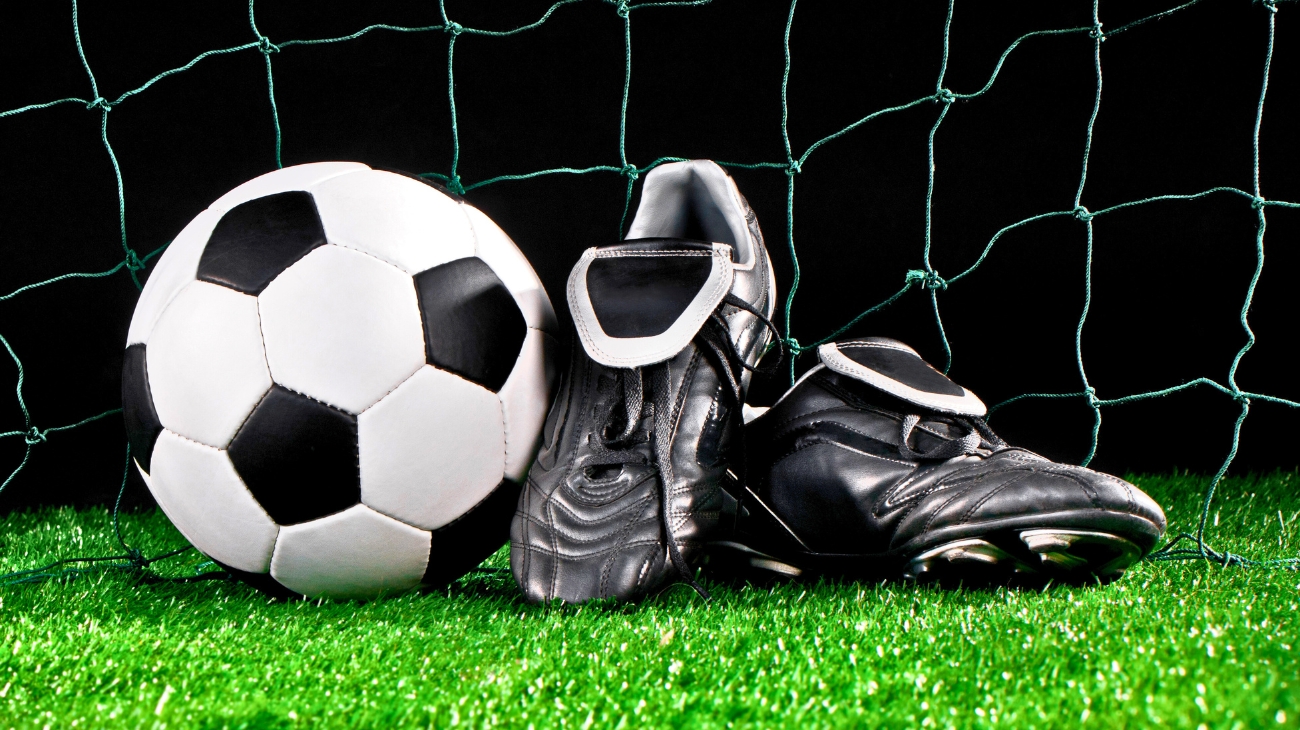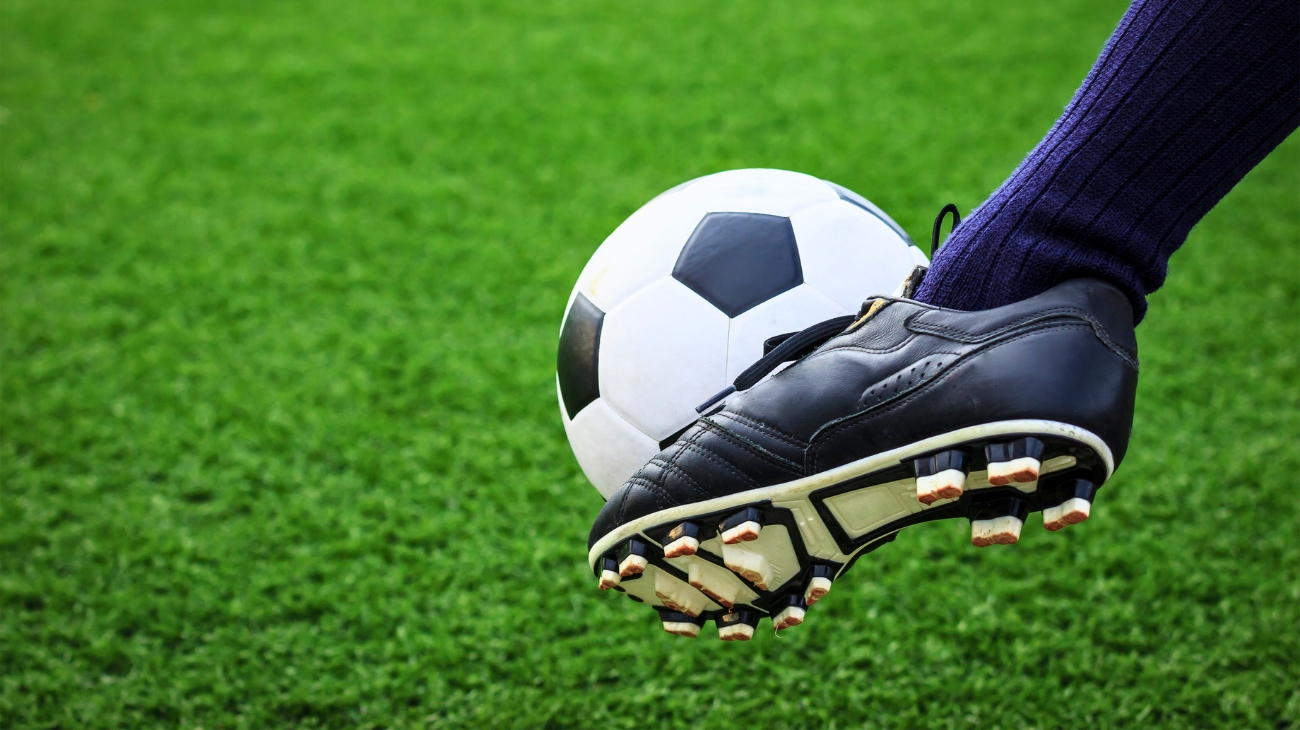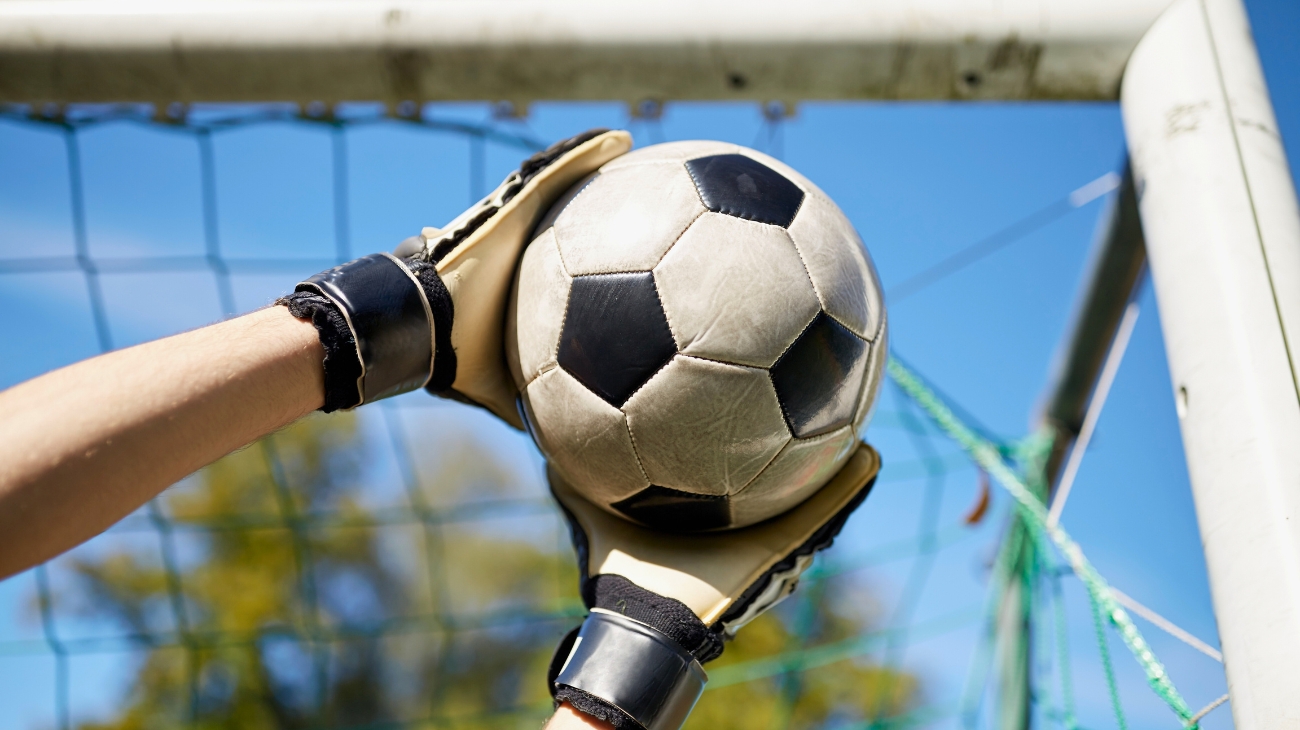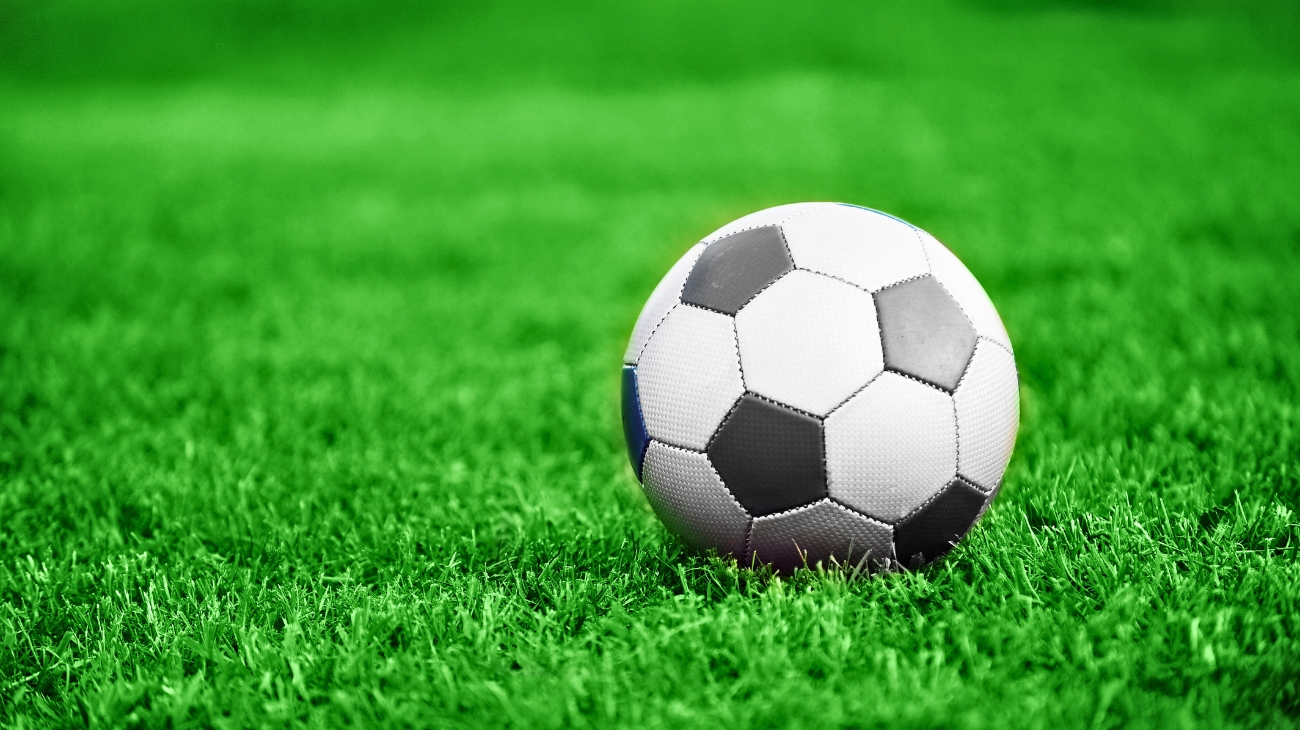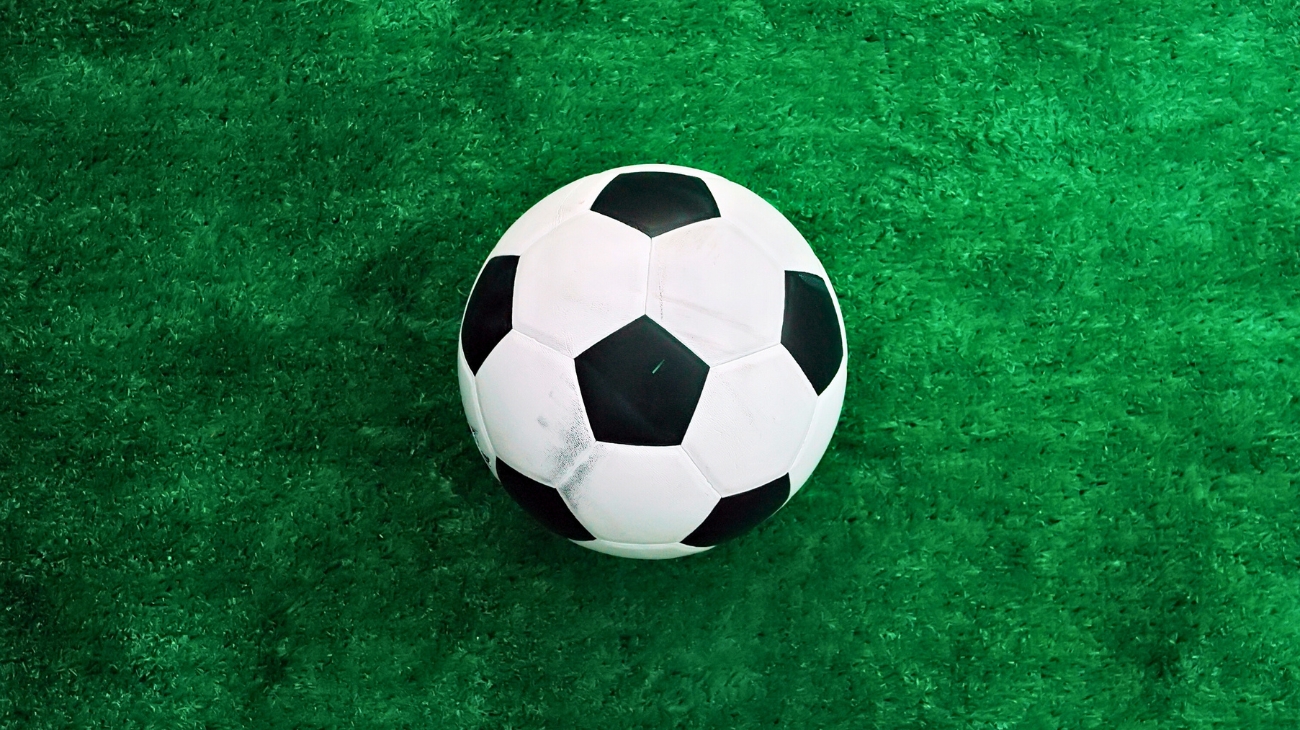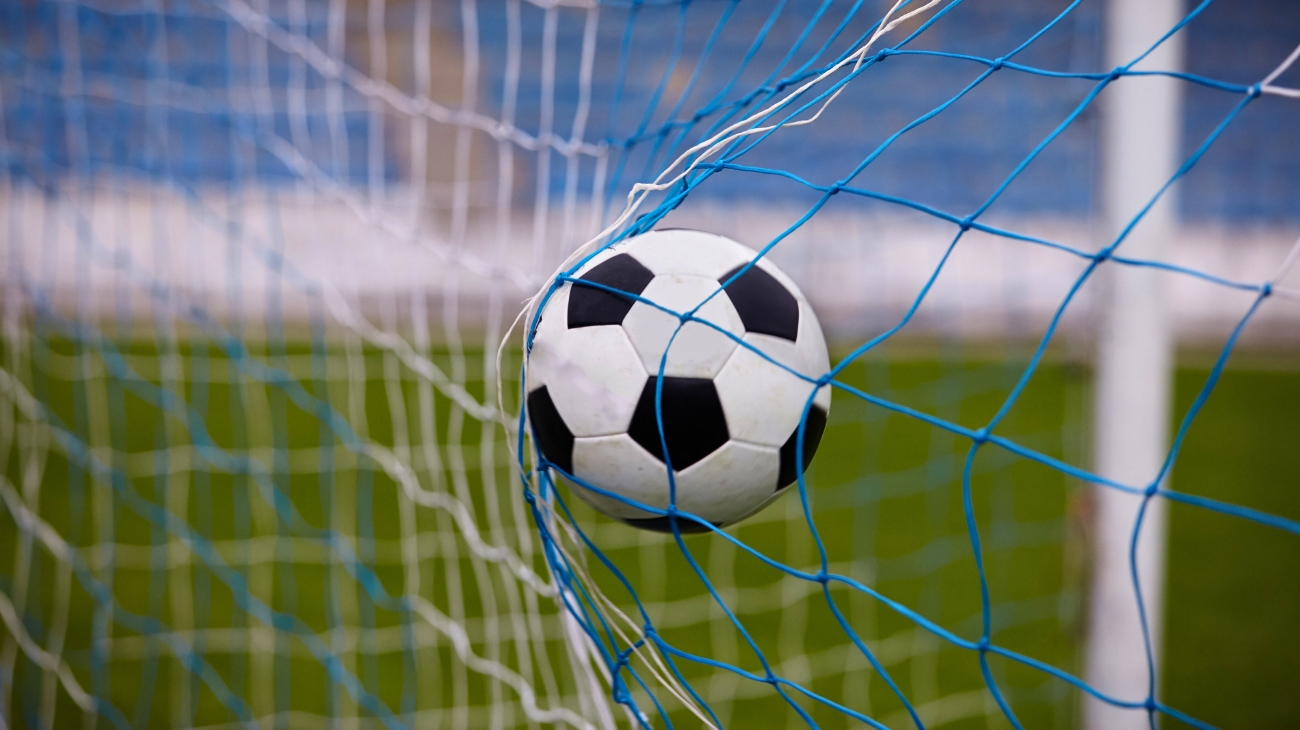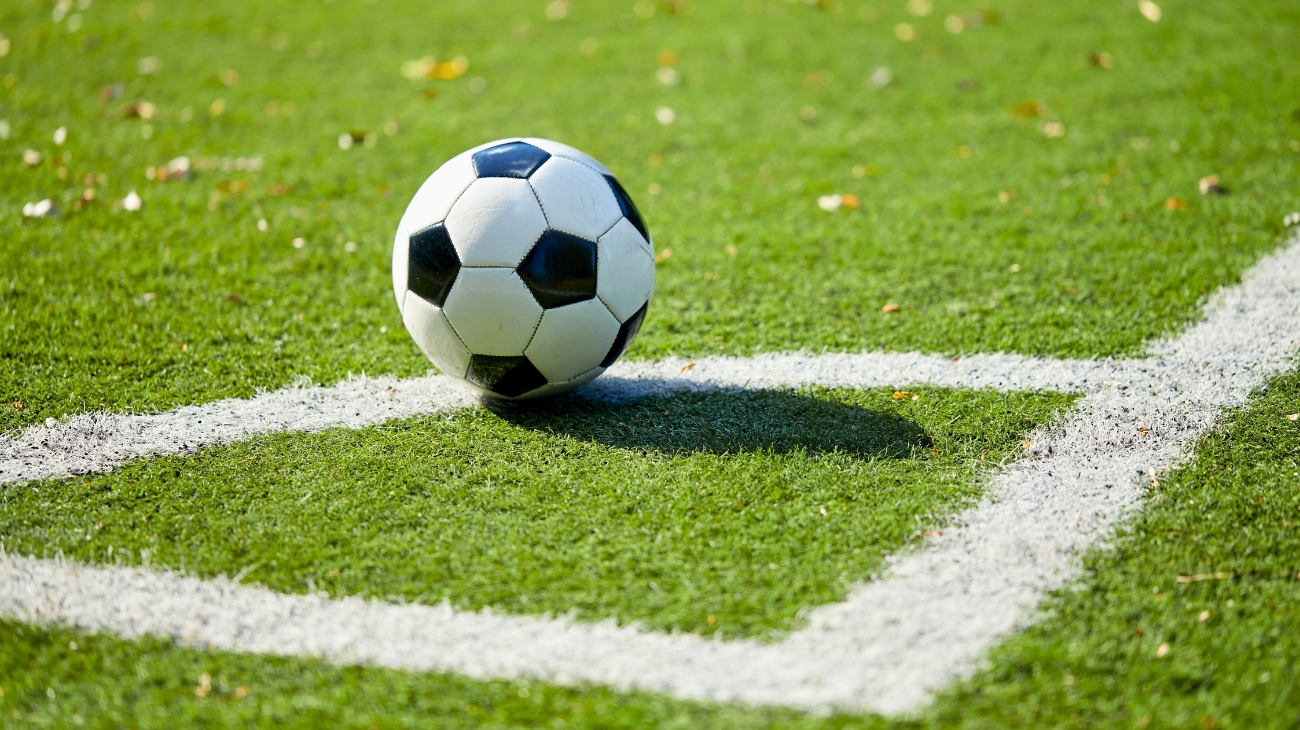Soccer places significant stress on the calf muscles due to continuous sprinting, abrupt stops, and quick pivots. This constant strain can lead to injuries like calf strains, muscle fatigue, and Achilles tendonitis. Incorporating calf braces, compression sleeves, and supportive socks into your routine can help prevent injuries and accelerate recovery.
Calf strains are among the most common soccer injuries, typically caused by overstretching or sudden bursts of movement. These injuries can result in pain, swelling, and limited mobility. Calf braces and compression sleeves provide targeted support to the affected area, reducing inflammation and improving circulation. The gentle pressure helps maintain muscle stability, preventing further damage during play.
Players who experience muscle fatigue or tightness can benefit from wearing compression socks. These socks promote blood flow, reduce swelling, and help flush out lactic acid buildup, which contributes to faster recovery after intense matches or training sessions. The graduated compression in these socks offers consistent support for the calf and lower leg, keeping your muscles performing optimally.
Achilles tendonitis, an overuse injury, often occurs due to repeated running and jumping. This condition causes stiffness, pain, and swelling near the heel. Wearing a calf brace or compression sleeve can alleviate strain on the Achilles tendon, offering additional support and reducing the risk of aggravation. The compression also aids in healing by improving circulation.
Calf braces are typically made from neoprene or other breathable materials that provide both flexibility and durability. These braces have adjustable straps to ensure a snug, customizable fit for different calf sizes. For players who need more comprehensive support, a combination of compression sleeves and supportive socks can help stabilize the entire lower leg.
When selecting the right product, consider the severity of your injury or level of support needed. For mild strains or muscle fatigue, compression sleeves or socks may be sufficient. For more serious injuries, a structured calf brace with adjustable straps is recommended. Ensure the product fits comfortably and does not restrict your movement on the field.
Proper care of your braces and compression gear will extend their lifespan. Hand wash with mild detergent and let them air dry. Avoid high heat or harsh chemicals that can damage the elasticity and fabric.
By investing in high-quality calf braces, compression sleeves, and socks, soccer players can enhance performance, reduce injury risk, and recover efficiently. These products offer the necessary support to keep you playing confidently and without discomfort.
FAQ: Frequently Asked Questions
What are the benefits of using calf braces in soccer?
Calf braces provide stability, reduce inflammation, and enhance recovery, helping prevent injuries like calf strains and muscle fatigue.
How do I choose the right calf brace or compression sleeve?
Select based on the severity of your injury. For mild strains, use compression sleeves. For more serious injuries, a structured calf brace offers better support.
Can I wear compression socks during a soccer match?
Yes, compression socks are designed for active use. They improve circulation and reduce muscle fatigue during gameplay.
Are calf braces effective for Achilles tendonitis?
Yes, calf braces provide support to reduce strain on the Achilles tendon, aiding in pain relief and recovery.
How should I care for my calf braces and compression sleeves?
Hand wash with mild detergent and air dry to maintain elasticity and support. Avoid high heat and harsh chemicals.


